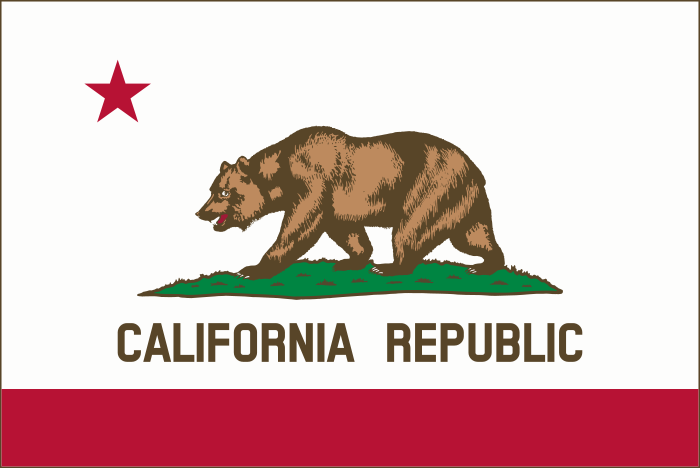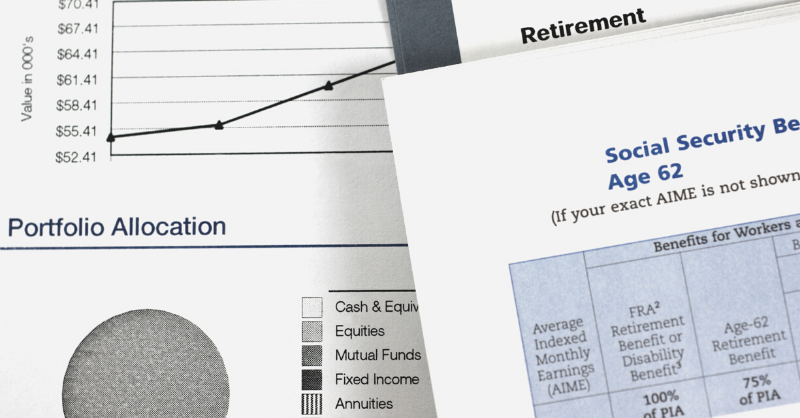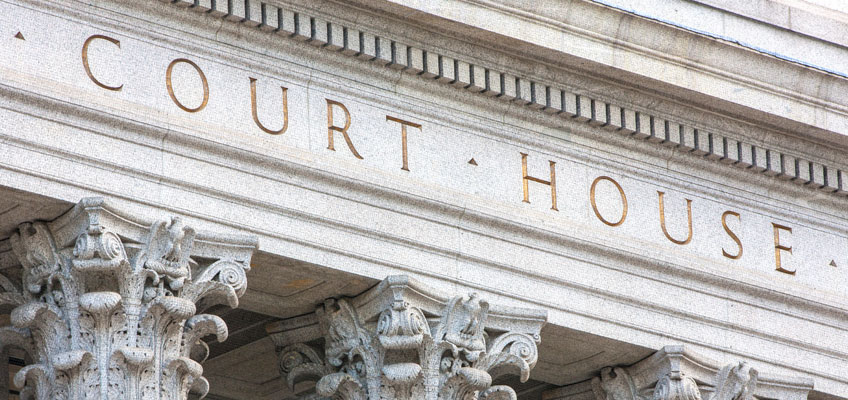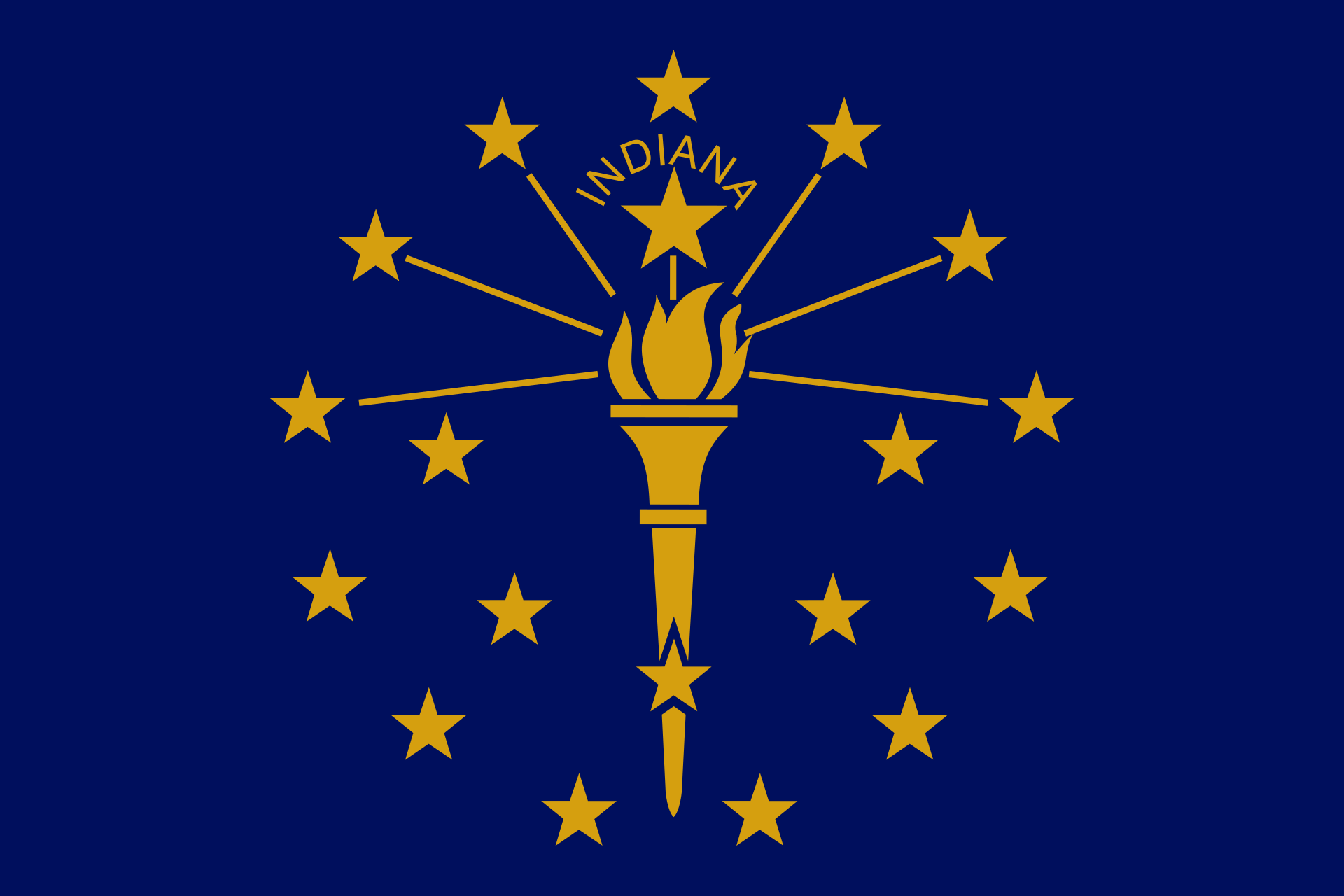Category: Breaking News
-
O’Connell defeats Rolli in Nashville’s mayoral election

Freddie O’Connell defeated Alice Rolli in the Sept. 14 runoff election for mayor of Nashville, Tennessee. Incumbent Mayor John Cooper (D) did not seek re-election, making him the first Nashville mayor who served a full term in office to not seek re-election since 1991. Although municipal elections in Nashville are officially nonpartisan, both candidates had…
-
California voters will decide two constitutional amendments related to changing supermajority requirements for ballot measures

The California State Legislature passed two constitutional amendments on Sept. 14, 2023, that would change voter approval thresholds for certain ballot measures. Both of the constitutional amendments will appear on the ballot in Nov. 2024. The first constitutional amendment, ACA 1, would lower the voter approval threshold from two-thirds (66.67%) to 55% for local special…
-
Oklahoma pension board votes to retain financial advisors, including BlackRock

An Oklahoma law passed in 2022 required the state treasurer to maintain a list of businesses ineligible to do business with the state due to ESG investing policies. But the Oklahoma Public Employees Retirement System’s board voted on Aug. 23 to retain its current roster of financial advisers, including businesses that were on the treasurer’s…
-
Appeals court extends block of Biden administration’s student loan forgiveness plan

The U.S. Court of Appeals for the Eighth Circuit on November 14 extended its pause on the Biden administration’s plan to forgive up to $20,000 of federal student loan debt per borrower. The court initially blocked the plan on Oct. 21, and forgiveness will remain frozen until the court reviews an appeal from six states suing…
-
Appeals court temporarily blocks Biden administration’s student loan forgiveness plan

The U.S. Court of Appeals for the Eighth Circuit on Oct. 21 temporarily blocked the Biden administration’s plan to forgive up to $20,000 of federal student loan debt per borrower. The forgiveness will remain frozen until the court reviews an appeal from six states suing the administration. The states allege the executive branch does not have…
-
U.S. weekly unemployment insurance claims rise to 217,000

New applications for U.S. unemployment insurance benefits rose 3,000 for the week ending October 22 to a seasonally adjusted 217,000. The previous week’s figure was unrevised at 214,000. The four-week moving average as of October 22 rose to 219,000 from an unrevised 212,250 as of the week ending October 15. The number of continuing unemployment…
-
Trial held in six-state lawsuit against Biden administration student loan forgiveness

James Campbell, a lawyer from the Nebraska Attorney General’s office, represented six states in a trial on October 12 to block the Biden administration’s plan to forgive up to $20,000 of federal student loan debt in the United States District Court for the Eastern District of Missouri. Campbell argued that the administration’s proposal would harm…
-
Indiana Rep. Jackie Walorski killed in car accident

Indiana Rep. Jackie Walorski (R) was killed in a wrong-way vehicle crash on Aug. 3, 2022. Walorski was driving on an Indiana highway with two members of her staff, who were also killed in the crash. Walorski represented Indiana’s 2nd Congressional District. She was first elected in 2012. Prior to serving in the U.S. Congress,…

